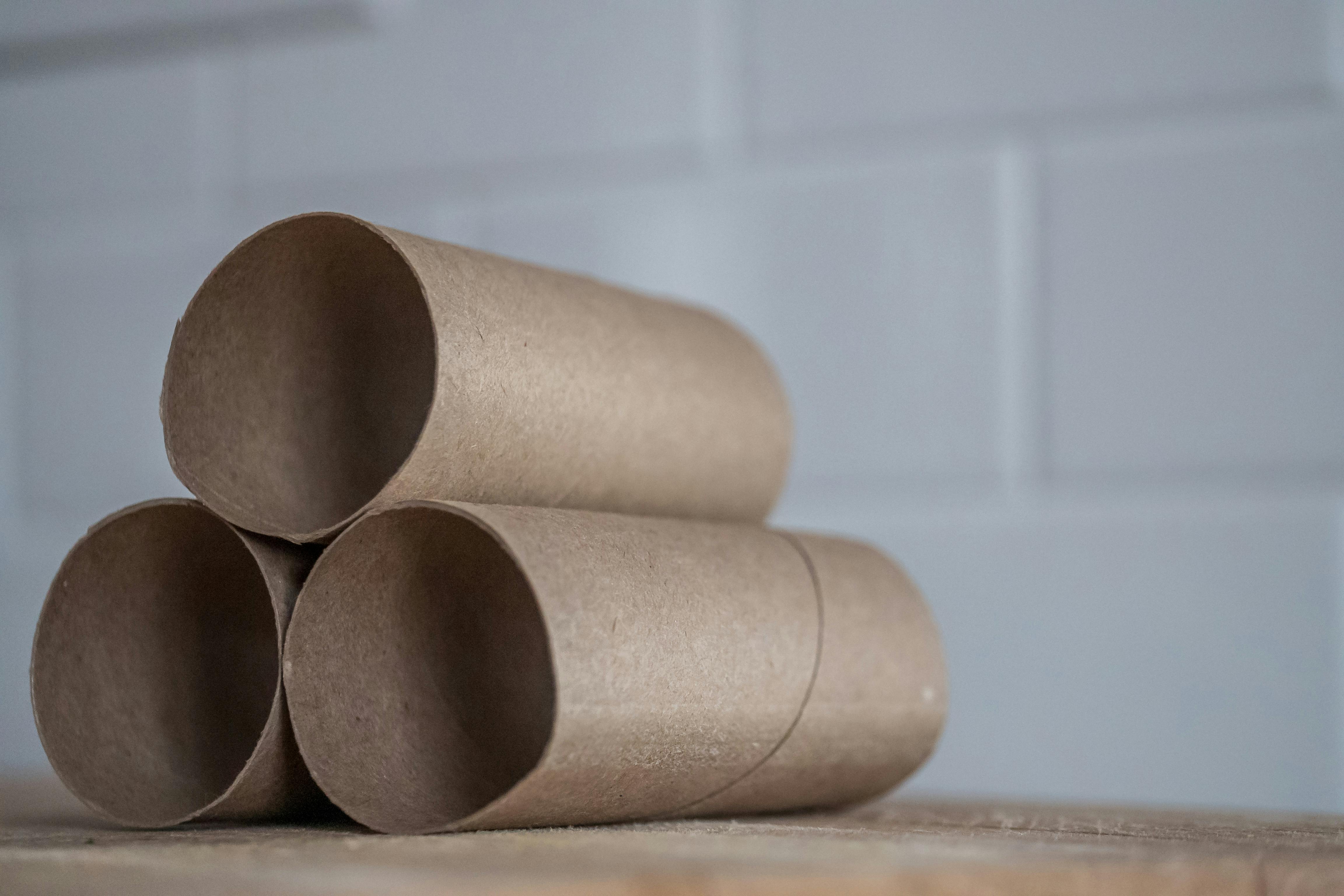 MINIMUM
MINIMUM
Choosing the Best Toilet Waste Management Solution
When it comes to managing the waste from your portable toilets, it’s important to choose the best solution that meets your needs. Whether you are looking for something that is easy to use, cost-effective, or environmentally friendly, there are a variety of toilet waste management systems to choose from.
In this blog post, we’ll take a look at some of the most popular toilet waste management systems on the market today. We’ll cover the pros and cons of each system and discuss what you should consider when choosing the best solution for your needs.
So, let’s get right to it!
What Are the Different Types of Toilet Waste Management Systems?
When it comes to toilet waste management, there are a variety of different systems to choose from. The most common types of systems include:
• Septic tank systems
• Chemical toilets
• Portable sanitation units
• Vacuum sewage systems
• Greywater systems
Each of these systems is designed to handle the waste from your portable toilets in a different way. Let’s take a closer look at each system.
Septic Tank Systems
Septic tank systems are the most common type of toilet waste management system used today. They are typically used in rural areas where there is no access to a city sewer system. These systems use a large tank that is buried in the ground to collect sewage and wastewater from the toilet. The waste is then broken down and filtered before it is released into the environment.
Pros:
• Easy to maintain
• Relatively cost-effective
• No need for chemicals
• Low installation costs
Cons:
• Can be difficult to install
• May require periodic pumping
• May need to be checked regularly
• Can be difficult to monitor
Chemical Toilets
Chemical toilets, also known as portable sanitation units, are a popular choice for those who need a temporary toilet solution. These systems use a chemical, such as chlorine, to break down solid waste and help reduce odors. They are easy to install and use, but can be expensive to maintain.
Pros:
• Easy to install and use
• No need for a plumbing connection
• Low installation costs
• Relatively affordable
Cons:
• Can be expensive to maintain
• May require the use of chemicals
• May not be suitable for long-term use
Portable Sanitation Units
Portable sanitation units are a great option for events and other temporary uses. These units are self-contained and do not require a plumbing connection. They are typically equipped with a toilet, sink, and holding tank. The waste is then pumped out by a professional waste disposal service.
Pros:
• Easy to use and install
• No need for a plumbing connection
• Ideal for temporary use
• Can be quickly moved from one location to another
Cons:
• Can be expensive to purchase
• Can be expensive to maintain
• May require the use of chemicals
• Must be regularly serviced and pumped
Vacuum Sewage Systems
Vacuum sewage systems are typically used in commercial settings and are designed to collect and remove wastewater from toilets. These systems use vacuum pumps to move the waste from the toilet to a holding tank, where it is then pumped out by a professional waste disposal service.
Pros:
• Easy to install and maintain
• No need for a plumbing connection
• Low installation costs
• Can be used in commercial settings
Cons:
• Can be expensive to purchase
• Can be difficult to monitor
• Must be regularly serviced and pumped
• May require the use of chemicals
Greywater Systems
Greywater systems are an increasingly popular choice for those looking for an environmentally friendly option. These systems collect and treat wastewater from sinks, showers, and other sources before releasing it back into the environment. Greywater systems can be used to irrigate gardens, wash cars, or fill toilets.
Pros:
• Environmentally friendly
• Low installation costs
• Easy to install and maintain
• Can be used to reduce water consumption
Cons:
• Can be difficult to monitor
• May need to be serviced and pumped regularly
• Can be expensive to purchase
• May require the use of chemicals
Things to Consider When Choosing a Toilet Waste Management System
When choosing a toilet waste management system, there are a few key factors to consider.
• Cost: The cost of the system will be one of the most important factors in your decision. Make sure to factor in the cost of purchasing the system, maintenance, and any necessary supplies.
• Installation: Some systems may require professional installation, while others can be installed by the user. Consider the cost and complexity of the installation process when making your decision.
• Environment: Consider the environmental impact of the system you are considering. Look for systems that are designed to reduce water consumption and minimize the impact on the environment.
• Maintenance: Make sure to factor in the cost and complexity of ongoing maintenance when making your decision. Some systems may require periodic pumping, while others may need to be serviced and checked regularly.
Choosing the Best Toilet Waste Management System
When it comes to choosing the best toilet waste management system, there is no one-size-fits-all solution. The best system will depend on your needs and budget.
Here is a quick overview of the key factors to consider when making your decision:
• Cost: Consider the cost of purchasing and maintaining the system.
• Installation: Consider the installation process and whether or not you need professional help.
• Environment: Choose a system that is environmentally friendly and designed to reduce water consumption.
• Maintenance: Make sure to factor in the maintenance requirements for the system you are considering.
At Midland Toilet Hire, we have a wide range of toilet waste management systems to choose from. Contact us today to learn more about our selection and for help choosing the best system for your needs.
